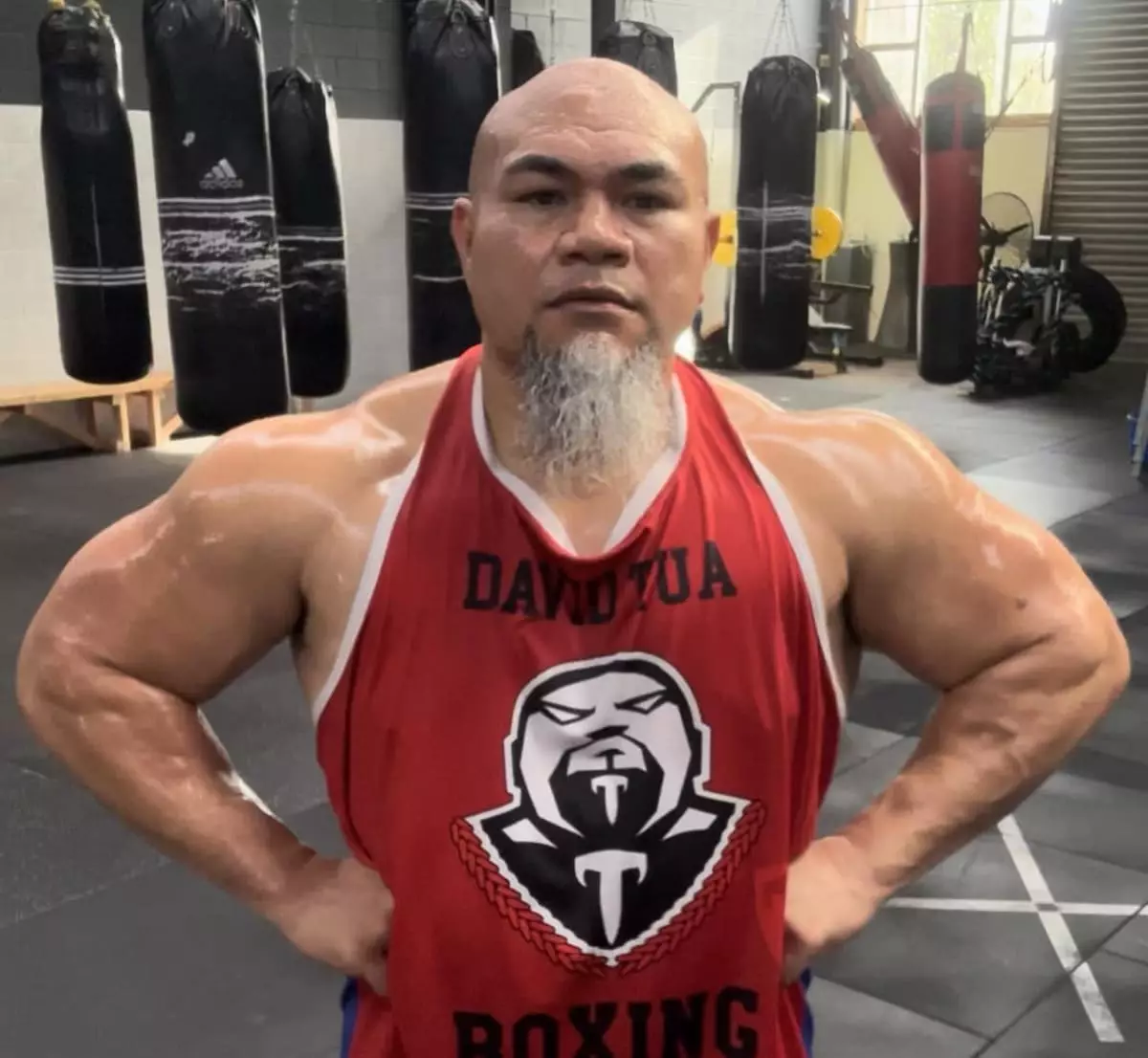David Tua, a name synonymous with power and resilience in the boxing world, embarked on his journey in the small community of Mangere Bridge, Auckland, New Zealand. It is here that Tua, under the tutelage of dedicated coaches, honed his skills and laid the foundation for what would become a formidable boxing career. His dedication paid off in 1992, when he stepped onto the Olympic stage in Barcelona and earned a coveted bronze medal. This achievement was not just a personal milestone but also a historic moment for New Zealand boxing, marking Tua as one of the nation’s finest amateur athletes.
As Tua returns to Samoa for an emotional homecoming, he will be honored at the Auckland Boxing Association Hall of Fame on October 26th. This tribute not only recognizes his incredible talents as a fighter but also serves as a reflection of his commendable sportsmanship. Paul McSharry, the chairman of the Auckland Boxing Association, hailed Tua as “the best amateur we’ve ever had and the best professional we will probably ever have.” These sentiments highlight Tua’s profound impact on boxing, both in his home country and globally.
Tua’s ascent in the boxing realm can be characterized as nothing short of awe-inspiring. Transitioning from an amateur star with a staggering record of 75 wins from 84 fights—60 of which concluded with a knockout—to a professional powerhouse, Tua illustrated what it means to possess both raw talent and relentless determination. At just 15 years old, he became the national champion, an accomplishment that foreshadowed the acclaim that would follow him throughout his career.
While his Olympic journey was cut short in the semi-finals by David Izonritei, Tua’s later knockout victory over Izon in their professional bout showcased the fierce spirit and revenge mentality that defined much of his career. The boxing community speculated wildly about Tua’s potential to become a world champion, and yet, paradoxically, despite his skills and fervor, he never captured the heavyweight title that many believed he was destined for.
In reflecting on his career, Tua’s humility shines through. He exhibits deep gratitude to those who helped him along the way, acknowledging how crucial mentorship has been in shaping not just his boxing career, but his character. “I’m grateful, and I think of those who have gone before, those who have paved the way for me to be where I’m at today,” Tua remarked in response to his upcoming honor. This perspective offers insight into the mind of an athlete who understands the value of community and support in achieving greatness.
Tua’s approach to the sport is unique; he emphasizes the importance of giving back and ensuring that future generations of boxers have the same opportunities he had. His commitment to leaving the game better than he found it reflects a selfless outlook that resonates well with fans and peers alike. He understands the weight of his legacy and seeks to honor it by inspiring those who follow in his footsteps.
While Tua’s accomplishments in the ring are iconic—his unforgettable knockouts and fierce battles against the likes of John Ruiz, Michael Moorer, and Hasim Rahman remain etched in the memories of boxing fans—his gentler side has also made him a beloved figure outside of it. Known for his graciousness and approachability, Tua is regarded as one of the sport’s true gentlemen. This duality of character, the fierce competitor and the warm-hearted individual, reinforces why he remains a fan favorite, even years after his last fight.
Although David Tua may never have held the heavyweight crown, the legacy he has built through his performances and sportsmanship secures his position as one of the greatest heavyweights to have graced the boxing world. His story serves as a powerful reminder of the resilience of the human spirit and the pursuit of excellence. As Tua prepares to be celebrated in his home country, the boxing community can reflect on the profound influence he has had—not just as a fighter, but as a beacon of hope and inspiration for aspiring athletes everywhere.

